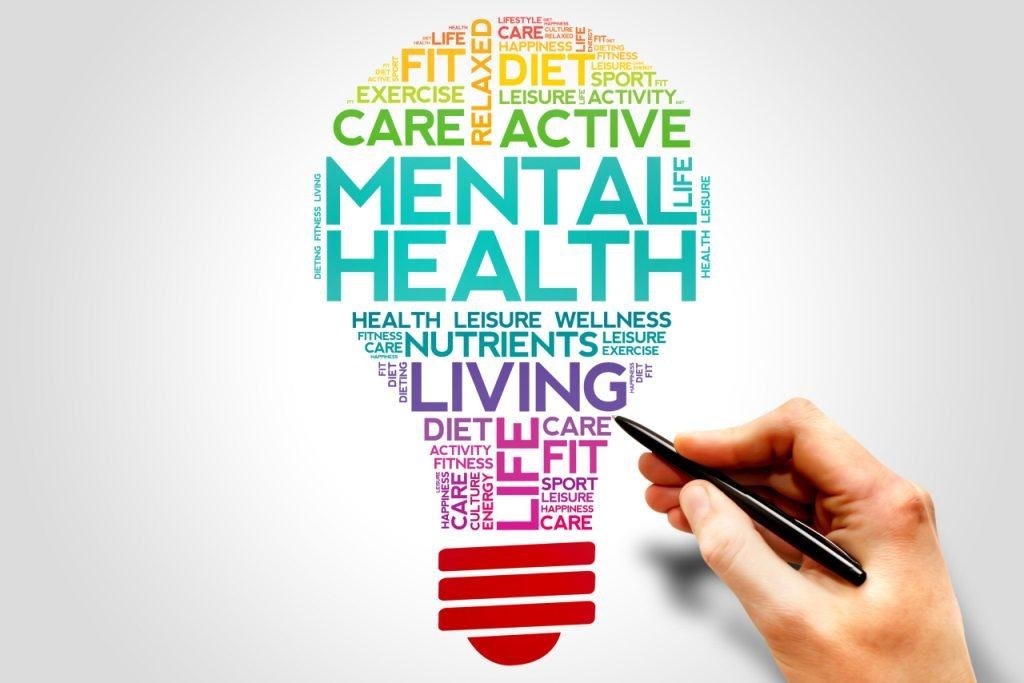Bengaluru, January 23, 2025: The Live Love Laugh Foundation (LiveLoveLaugh), in collaboration with researchers from the National Institute of Mental Health and Neurosciences (NIMHANS), has published a study demonstrating the earning potential of persons with severe mental illness in rural communities. Published in the International Journal of Social Psychiatry, the study provides preliminary evidence that individuals with severe mental illness can sustain independent livelihoods when provided with free treatment and localized support.
The 10-month study, conducted in Jagaluru taluk, Davangere district, Karnataka, examined the outcomes of a Community-Based Rehabilitation (CBR) program. This initiative facilitated self-employment opportunities through a one-time grant provided by LiveLoveLaugh, managed as a revolving fund by a family-led federation. Participants engaged in locally relevant livelihoods, such as sheep rearing and tailoring, that were both sustainable and impactful.
"By proving that persons with severe mental illness can sustain self-employment, we’re not only challenging stigma but also laying the foundation for sustainable and inclusive mental health interventions," said Dr. Shyam Bhat, Chairperson of The Live Love Laugh Foundation.
Dr. Murali Doraiswamy, Professor of Psychiatry & Medicine at Duke University and Trustee of The Live Love Laugh Foundation, commented, “Using financial and mental health interventions to address the unique challenges faced by persons with severe mental illness, this first-of-its-kind study in India highlights the potential of integrated support systems in addressing the bidirectional relationship between poverty, joblessness, and chronic mental illness. Revolving funds issued and monitored by the family-led federation are powerful tools for social inclusion and economic empowerment, allowing persons with severe mental illness to contribute meaningfully to society.”
Key Findings:
- Challenging Misconceptions: Participants demonstrated financial reliability, with some fully repaying their loans and others showing strong commitment.
- Economic and Social Impact: Employment provided dignity, reduced stigma, and promoted recovery. Ventures like sheep rearing and tailoring eased financial burdens while fostering community engagement.
- Improved Mental Health: Participants showed greater consistency in follow-up consultations and increased involvement in family federation meetings, tripling attendance after loan issuance.
Anisha Padukone, CEO of The Live Love Laugh Foundation, said: “LiveLoveLaugh has operated rural community mental health programs since 2016. Our experience has demonstrated the transformative power of holistic mental health interventions that extend beyond clinical care. When patients from impoverished families improve on treatment, many start working to meet their and family needs. Apart from reducing economic burden, self-employment allows families to engage patients in gainful work. It also promotes patients’ dignity and social inclusion in the local community."
Broader Implications
The study offers a scalable approach to addressing poverty and severe mental illness in resource-limited settings. It highlights the value of culturally sensitive, community-driven interventions in promoting economic stability, social inclusion, and improved mental health outcomes.




















.jpg)



